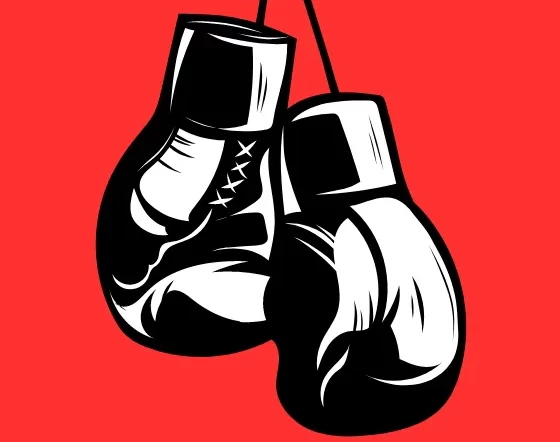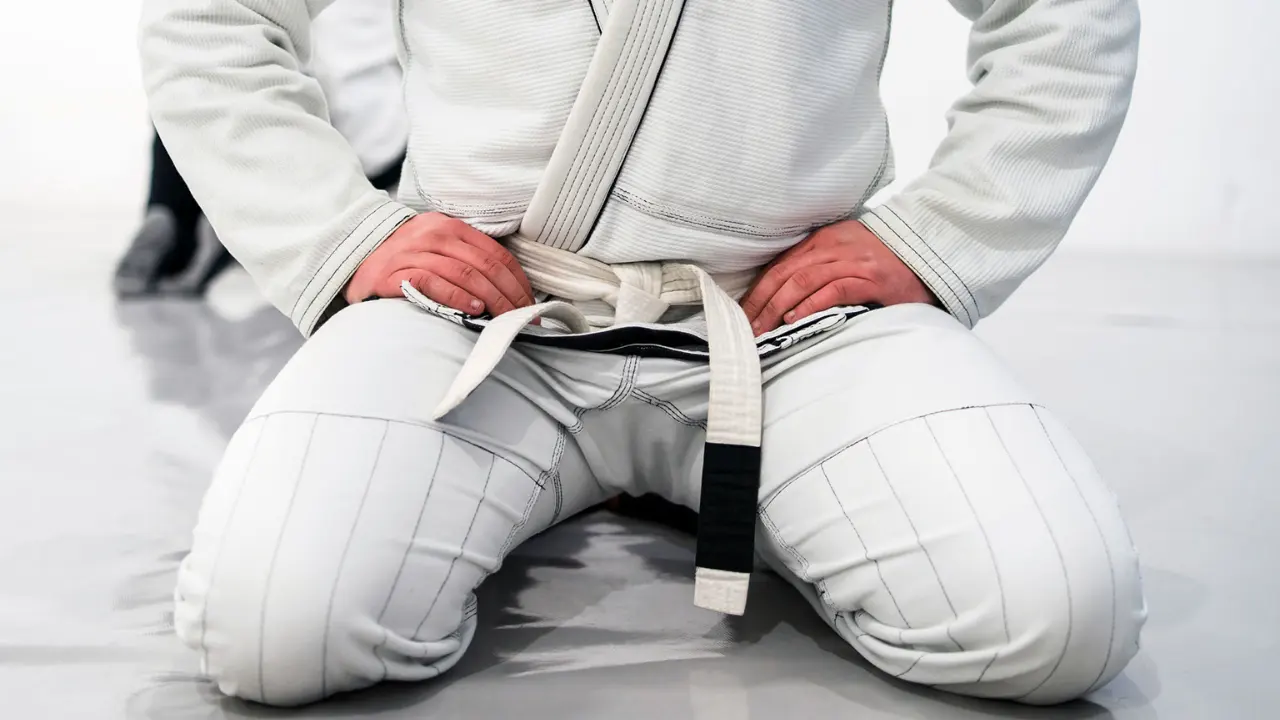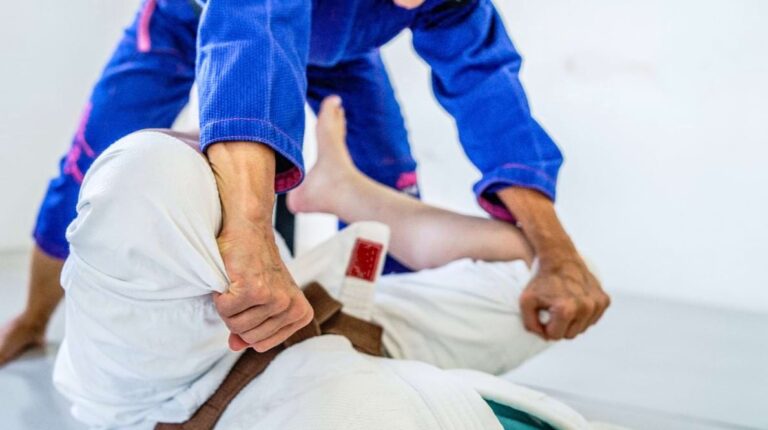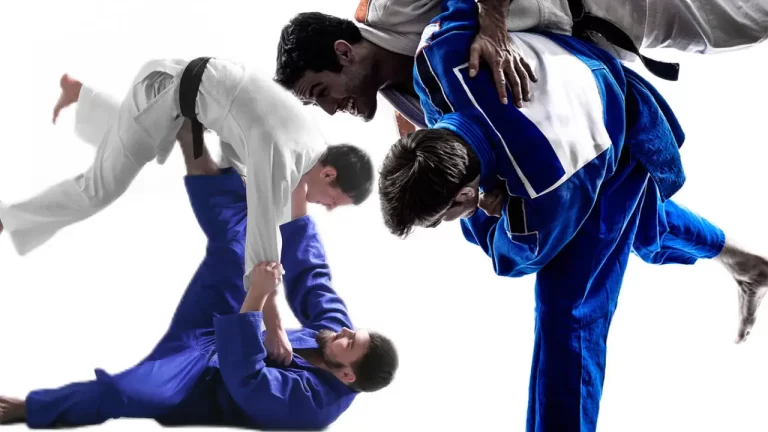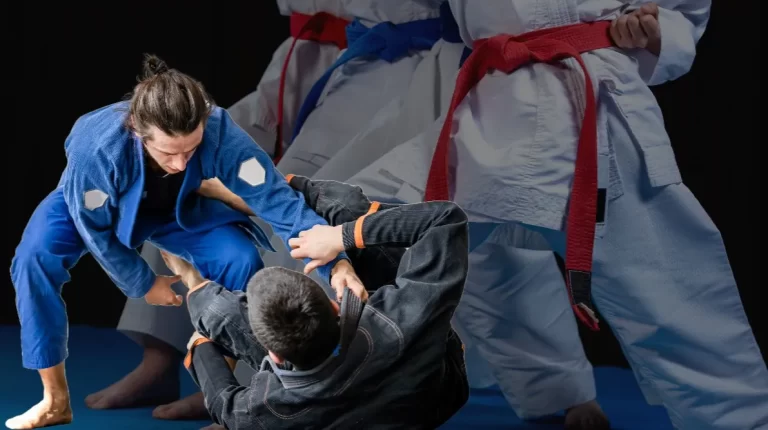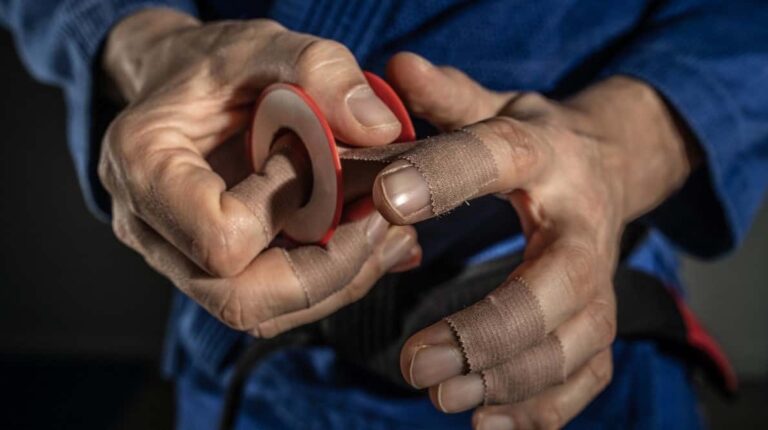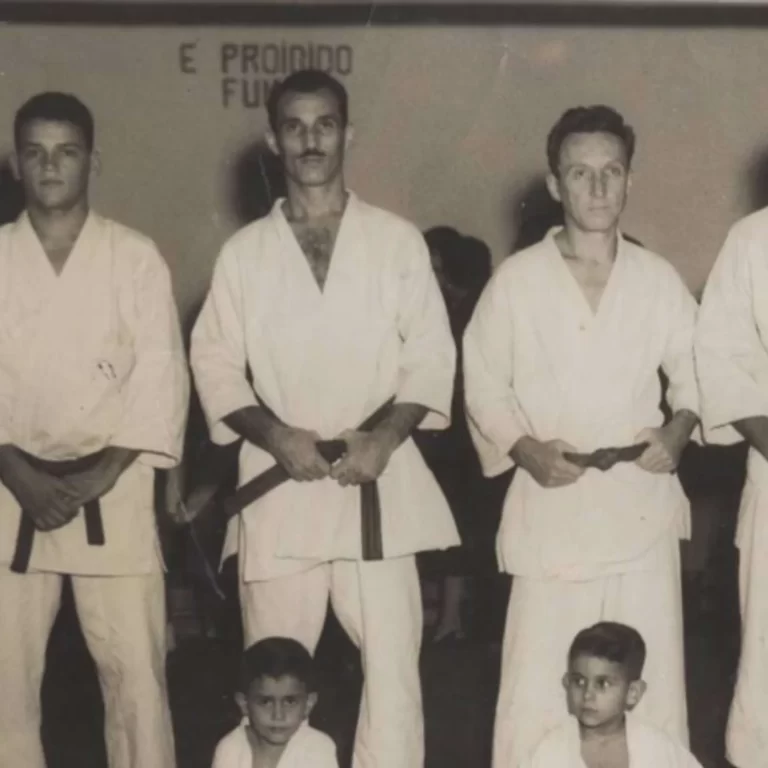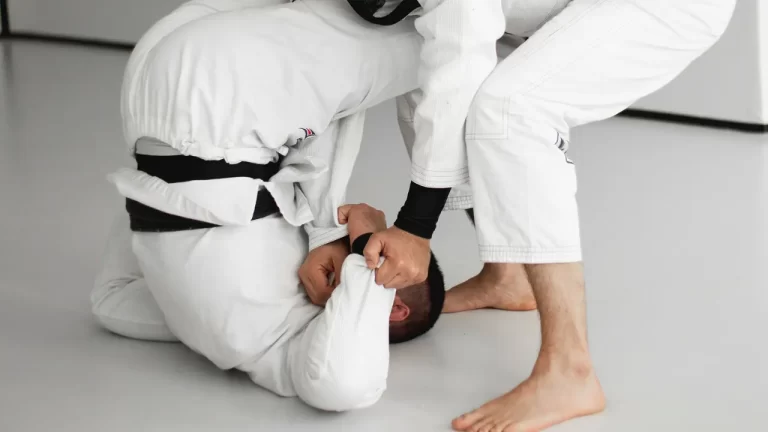Starting BJJ at 30: A Comprehensive guide
You might be wondering if it’s too late to take up this remarkable sport.
You aren’t old I assure you.
One of the greatest Brazilian jiu-jitsu coaches on the planet today is John Danaher, and he didn’t start training BJJ until he was 28 years of age.
You will however face challenges that your younger training partners won’t face on their jiu-jitsu journey, and you will need a smarter approach to training than they will to ensure longevity.
Let’s go over some things that will help you, what you should consider, and later we will discuss the benefits you will get from this sport as a more mature athlete.
Table of contents
- Training Strategy
- The battles that count
- How often should I train?
- If you aren’t in good shape
- Will I get injured?
- Why you should be starting BJJ at 30
Training Strategy for BJJ after 30
“Training is about skill development, not about winning or losing. You don’t need to win every battle, you only need to win the battles that count.” – John Danaher
We will look at this quote from John Danaher, and how it relates to how you should approach training.
Skill Development: For athletes commencing their journey at a more advanced age, internalizing John Danaher’s wisdom is a great idea. A common mistake I see among athletes of all ages is the desire to prioritize ”winning” during training sessions.
While this approach initially yields short-term performance gains through more physical effort, as a long-term strategy it is quite flawed.
For those starting BJJ at 30, the emphasis on victory can be particularly detrimental. It accelerates wear and tear on the body, making your future physical health uncertain.
Individuals who persistently prioritize immediate wins often find themselves lagging significantly behind their peers, eventually recognizing the stupidity of such an approach.
True progress is made in mastering the techniques your instructor teaches during each class. In this journey, embrace experimentation, and explore uncharted territories.
A forward-looking mindset is the backbone of advancement across all athletic pursuits, especially with BJJ.
Embracing this approach opens the gateway to excellent jiu-jitsu skills.
The battles that count
Many Brazilian Jiu-Jitsu practitioners have a misconception that places a high importance on training room death matches.
You need to recognize that training serves as the preparation ground. The battles of true importance revolve around your ability to ensure personal safety when confronted with physical threats and to shield your loved ones from harm.
Don’t allow your pursuit to hinder your capacity to provide for your family due to physical injuries sustained at training.
If you’re commencing your BJJ journey at the age of 30, it’s quite unlikely that you aim to pursue a career as a professional athlete in the sport.
While aiming to coach or establish a school in the future is worthwhile, it’s crucial not to jeopardize everything for this aspiration.
Ensure that you pave your path with self-care, allowing your body the kindness it deserves along the way.
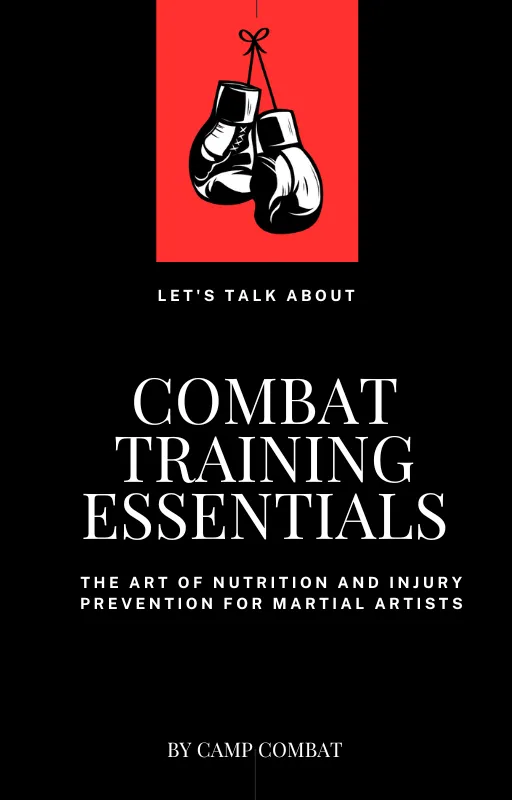
- Master Your Nutrition
- Get Phenomenal Conditioning
- Get an Injury prevention Strategy
Get the tools you need to optimize your performance on the mat and unleash your full potential.
How often should I train?
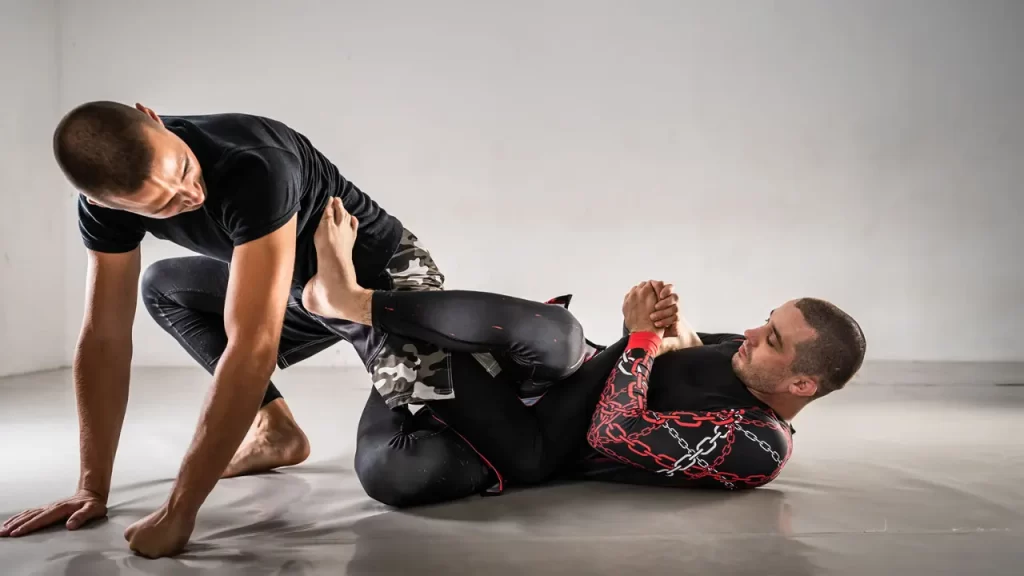
It depends on individual factors, particularly your current state of physical fitness and well being.
For those already maintaining a commendable level of fitness and self-care, a generally safe frequency to aim for is at least three days a week. However, initially, achieving this frequency might not come easily. Unfamiliar muscles will make their presence known, and you will feel incredibly sore.
As you get used to the new training demands, it will become more familiar, and less tiring. After about a month of consistent training, hitting the target of three days a week shouldn’t be a problem for you. This is an achievable goal.
By that time, you will have an improved ability to control essential aspects like breathing and composure during sparring sessions. The importance of staying composed and regulating your breath cannot be overstated.
This will reduce the overall strain and stress on your body, offering a dual benefit of enhanced performance and reduced physical burden.
If you aren’t in good shape
For individuals who aren’t in the best physical shape, or are new to the realm of sports, the role of your diet becomes more crucial.
While it’s true that diet holds significance for every athlete, its importance magnifies when considering your training journey.
Losing excess body fat is important here, as it directly influences your capacity to engage in regular training sessions. This weight loss not only enhances your overall fitness but also enables a more consistent training regimen.
Brazilian Jiu-Jitsu is a sport that caters to individuals of all body types and fitness levels. Regardless of your starting point, with time, you will get used to the physical demands, gradually building your resilience to stress and improving your capabilities.
Remember, the path to mastery is a journey, and your journey is uniquely yours, so don’t get hung up on things like this.
Will I get injured?
You need to understand and accept that you are entering into a full contact sport. I have yet to see anyone, regardless of age, get by completely unscathed from BJJ.
Having said that, you can take proactive steps to minimize the likelihood of suffering severe injuries that could potentially end your jiu-jitsu journey. Think about knee problems, shoulder strains, neck issues, and lower back troubles.
I’ve outlined all these precautionary measures in ”Combat Training Essentials,” a valuable resource available to my readers at no cost. If you’re aged 30 or above, I strongly recommend reading it for essential insights.
Important things to implement to reduce the chances of injury starting BJJ at 30:
- Sleep
You need to get at least 8 hours of sleep each night to give your body the time and rest it needs to recover from your training activities. Sleep also offers numerous physiological benefits such as lowering the chance of mental disorders like depression, and increasing your life expectancy. - Stretching
Pre and post workout stretching is incredibly important to reduce your chances of injury. It will keep your muscles lean and flexible, so BJJ won’t put as much stressful force on the muscles. - Weightlifting
Having thicker muscle mass surrounding your bones adds more layers of protection to crucial joints and ligaments. It will also help your body handle the stress that your joints will be placed under in various submission hold and awkward movements you will experience in grappling.
Why you should be starting BJJ at 30
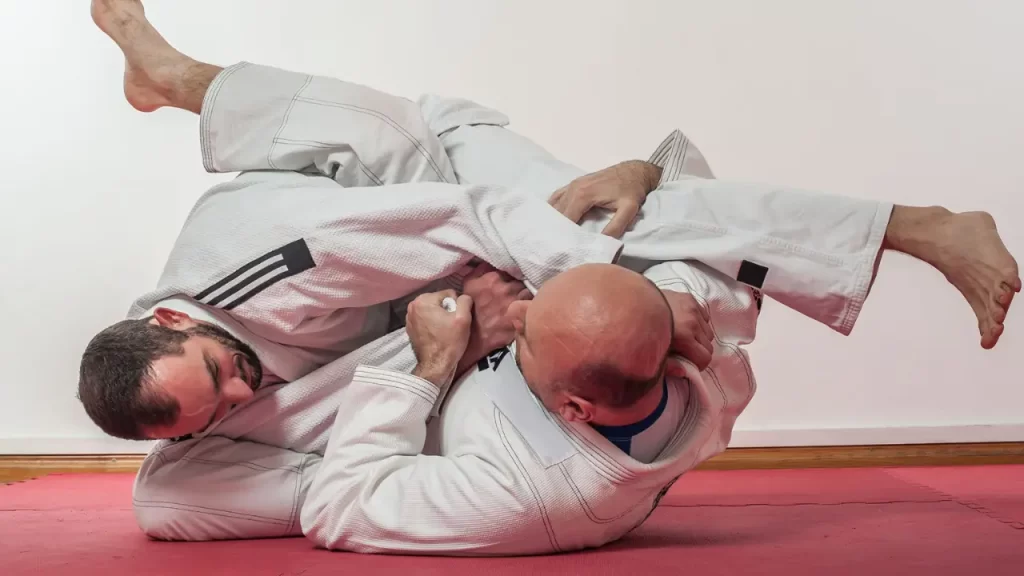
- Self Defense
Acquiring the knowledge and skills that will allow you to defend yourself is a worthwhile pursuit at any age. BJJ is a proven self defense method, that will serve you for the rest of your life.
- Making new friends
You will make life long friends in this sport, and you will gain a sense of community and belonging that won’t be found at any other type of gym. You develop a special connection with your teammates. There is something about rolling around on the floor and chocking each other, sharing the same passions and interests, exploring different techniques with each other that makes this easy.
- Increased fitness level
BJJ offers unique benefits in fitness because it is both an Aerobic and an anaerobic form of exercise. That means you will be able to increase your endurance and muscle mass at the same time.
- It’s fun!
If you have tried out regular gyms and find the process of picking up weights and dropping them to the floor quite mundane, you will love BJJ. BJJ offers not only a physical challenge but will stimulate you mentally as you will constantly be trying to solve problems in class, as well as coming up with solutions.
Embarking on your Brazilian jiu-jitsu journey at the age of 30 is far from being too late.
As demonstrated by the remarkable success story of John Danaher, age is not a barrier to achieving excellence in this sport.
